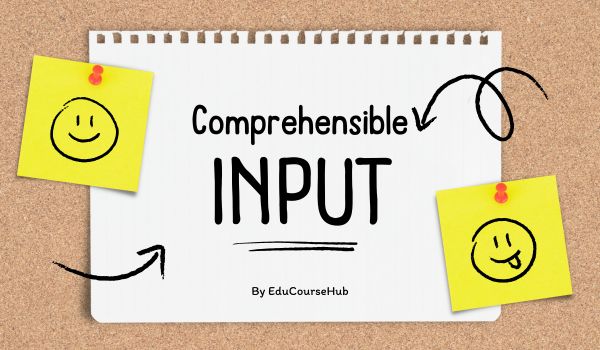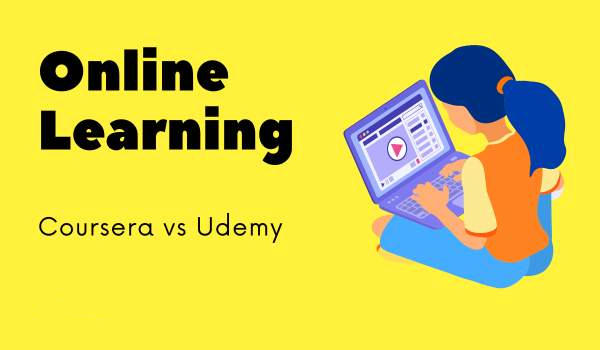In this post we explore the significance of CI in language acquisition and learning, discussing how to facilitate effective language instruction.
Author: Educoursehub
How to learn a foreign language
Just a birds have wings, man has language. The wings give the bird its peculiar aptitude for aerial locomotion. Language enables man’s intelligence and passions to acquire their peculiar characters of intellect and sentiment.
G.H Lewes, The Study of Psychology
Coursera vs Udemy
When it comes to online learning platforms, Coursera and Udemy are two of the most popular options available to students seeking to enhance their skills or pursue a new career path. Both platforms offer a wide range of courses taught by industry experts, but there are some key differences between the two that prospective students should consider before making a decision. Coursera is known for its partnership with top universities and institutions, such as Stanford, Yale, and Google.
The Mysteries of Language Acquisition
Language, the cornerstone of human communication, serves as a window into the intricate workings of the human mind. The acquisition of language, whether it be a first native tongue or subsequent languages, has long fascinated scholars and researchers. In this journey through the realms of linguistic acquisition, we delve into the parallels between first and second language learning, the critical age hypothesis, and the innate abilities of the human species.
How your Brain Acquires a Second Language – The Science
Language acquisition in children is a remarkable feat, showcasing the intricate complexities of linguistic competence. Long before grasping mathematical concepts, young children adeptly navigate the grammar of their native language, effortlessly constructing sentences, posing questions, and employing syntactic and semantic rules. This innate linguistic ability is evident across cultures, highlighting the universality of language acquisition processes.
Online Learning Statistics – At a glance
In recent years, a silent revolution has been reshaping the landscape of education, ushering in an era where the traditional classroom is no longer confined to four walls. Welcome to the age of online learning, a phenomenon that has surged in popularity and left an indelible mark on how we acquire knowledge.
The Importance of Language Learning
Cognitive Consequences of Bilingualism
Research consistently shows that bilingual individuals have both linguistic and cognitive benefits. When a bilingual person uses one language, the other remains active, influencing the brain’s language system. Language co-activation is evident in eye movements, affecting how bilingual individuals perceive and interpret information.





